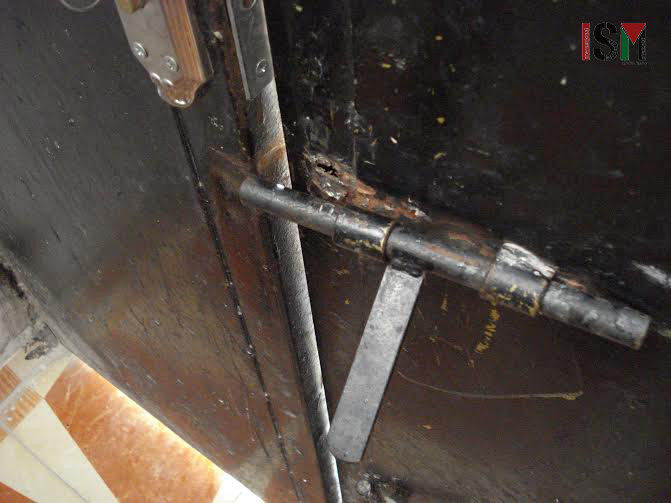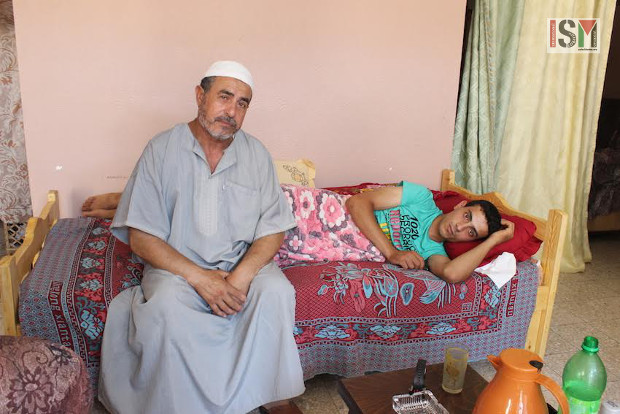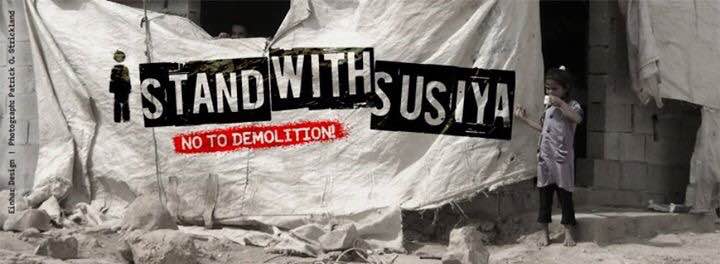Author: ISM Media
-
Village of Azzun suffers from continuous, targeted attacks by Israeli army
31st July 2015 | International Solidarity Movement, Nablus Team | Azzun, Occupied Palestine On Tuesday, July 28, at 2:40 pm, the Israeli army arrived to the village of Azzun, located in the district of Qalqilya, to block 3 of the 4 existing entrance gates. Since the 4th gate (east side), which leads to an illegal…
-
Gaza’s fishermen under constant attack by Israeli warships
27th July 2015 | International Solidarity Movement, Gaza Team | Gaza, Occupied Palestine Ahmed: “Once I recover I’ll go fishing again…” Ismail (Ahmed’s father): “No, you won’t! That’s enough…” As Ismail tells ISM, “the occupation establishes the fishing limits according to the season. When there’s fish within 3-6 miles they don’t let us go further…
-
PRESS RELEASE: SUSIYA – New Standards for US Foreign Policy on Israel?
22nd July, 2015 | Popular Struggle Coordination Committee | Ramallah, Occupied Palestine New Standards for US Foreign Policy on Israel? U.S. State Department Urges Israel to refrain from demolishing Palestinian village, Susiya in the West Bank. Fears a deterioration in standard of policy of indigenous displacement. In a US State Department press briefing, last week,…



